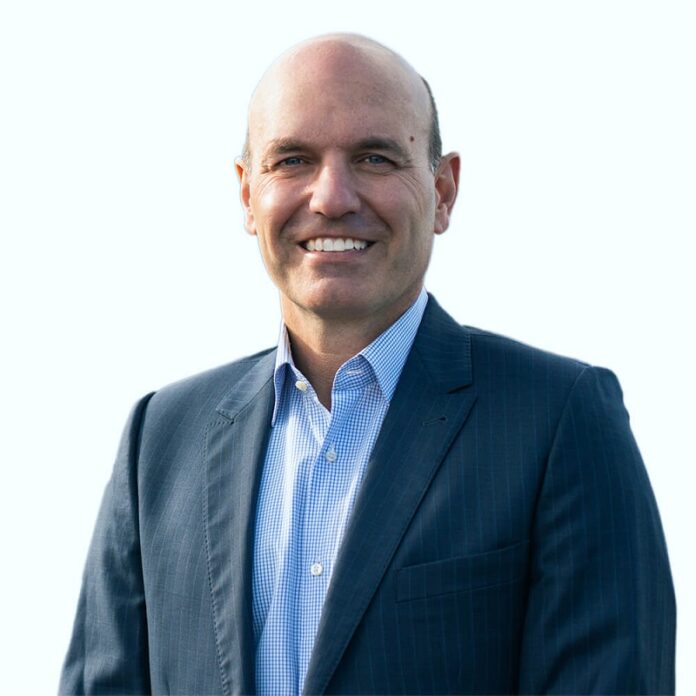Changes also immediately provide a pathway to permanent residence for people already living in B.C. and working in these sectors
THE Province said on Thursday that it is responding to the crucial need for more health-care workers and early childhood educators (ECEs).
Changes will be implemented for the B.C. Provincial Nominee Program (PNP) Skills Immigration stream that prioritizes these occupations and increases support for the care economy.
“We’re taking steps to ensure the Provincial Nominee Program is meeting the needs of British Columbians today and into the future,” said Nathan Cullen, Minister of Municipal Affairs. “By placing a greater focus on skilled workers in the care economy, we’re helping attract talent from around the world committed to delivering the essential services we all rely on.”
The B.C. PNP Skills Immigration stream supports employers to meet their workforce needs and complements B.C.’s Economic Plan and is a key pillar of the StrongerBC Economic Plan to tackle inequality and grow an economy that works for everyone. These changes prioritize health-care workers and ECEs in the application process and will increase the number of people nominated in these occupations for permanent residence. Changes also immediately provide a pathway to permanent residence for people already living in B.C. and working in these sectors.
“Health-care assistants who support seniors in long-term care, assisted living and in their homes are among the most in-demand occupations in British Columbia, both today and for years to come,” said Terry Lake, CEO, BC Care Providers Association. “These important changes to the Provincial Nominee Program will help to meet the growing needs of the care economy, which in turn will benefit B.C. seniors and those who care for them.”
Health-care assistants are newly eligible to apply for the PNP program, and along with ECEs, they will now be given priority access. This change will give people with these skill sets a better chance for acceptance under the program’s eligibility criteria.
Candidates whose occupation is on a pre-determined list of in-demand health occupations, and who have a qualified, permanent job offer in B.C., will be given priority access to the PNP.
“The changes to expand the health authority category will significantly improve PHSA’s ability to recruit and retain workforce in our specialized occupations,” said Derek Menard, talent acquisition adviser, Provincial Health Services Authority. “These changes will benefit our future international hires in clinical roles previously not included in the health-care category along with non-clinical roles.”
The Province is also expanding the health authority category to include any occupation, so health authorities will be in a better position to recruit and retain workers.
Other changes to the skills immigration categories include clarifying or adjusting criteria to align with government economic priorities and strengthening program integrity, to best support qualified applicants for success.
As the only immigration program under provincial control, the PNP enables the Province to directly select qualified, prospective immigrants and nominate them and their families for permanent residency. The Province will continue to assess this program to ensure it is aligned with recovery efforts to support stronger, more resilient communities.
Quick Facts
* B.C. PNP offers a pathway to permanent residence for economic immigrants – workers and entrepreneurs who contribute to the labour market in the province. The program constitutes about one-third of all B.C. economic immigrants.
* The priority access care economy occupations currently make up about 3%, or less than 200 nominees annually. With more than 6,700 nominations available, there is room to increase the number of nominees in this category, driven largely by employer demand.
* More than 85% of B.C. PNP nominees stay in B.C. after gaining permanent residency.
* B.C. PNP’s Technology category has ensured priority access to in-demand tech occupations since 2017, representing just under 30% of nominees annually (about 1,700 in 2021). Technology will continue to be a priority sector.
* In 2021, B.C. had an allocation of 6,750 nominations, and is expected to reach, or exceed that level in 2022.
Learn More:
B.C. PNP Program: https://www.welcomebc.ca/
BACKGROUNDER
B.C. Provincial Nominee Program’s in-demand occupations in health care
Priority access will be given to qualified candidates whose occupation is on this list of in-demand health occupations:
Job titles
Managers in health care
Nursing co-ordinators and supervisors
Registered nurses and registered psychiatric nurses
Specialist physicians
General practitioners and family physicians
Dentists
Chiropractors
Allied primary health practitioners
Other professional occupations in health diagnosing and treating
Pharmacists
Dietitians and nutritionists
Audiologists and speech-language pathologists
Physiotherapists
Occupational therapists
Other professional occupations in therapy and assessment
Medical laboratory technologists
Medical laboratory technicians and pathologists’ assistants
Respiratory therapists, clinical perfusionists and cardiopulmonary technologists
Medical radiation technologists
Medical sonographers
Cardiology technologists and electrophysical diagnostic technologists
Other medical technologists and technicians (except dental health)
Denturists
Dental hygienists and dental therapists
Dental technologists, technicians and laboratory assistants
Practitioners of natural healing
Licensed practical nurses
Paramedical occupations
Other technical occupations in therapy and assessment
Dental assistants
Nurse aides, orderlies and patient-service associates
Psychologists
Social workers
Family, marriage and other related counsellors
Social and community service workers













